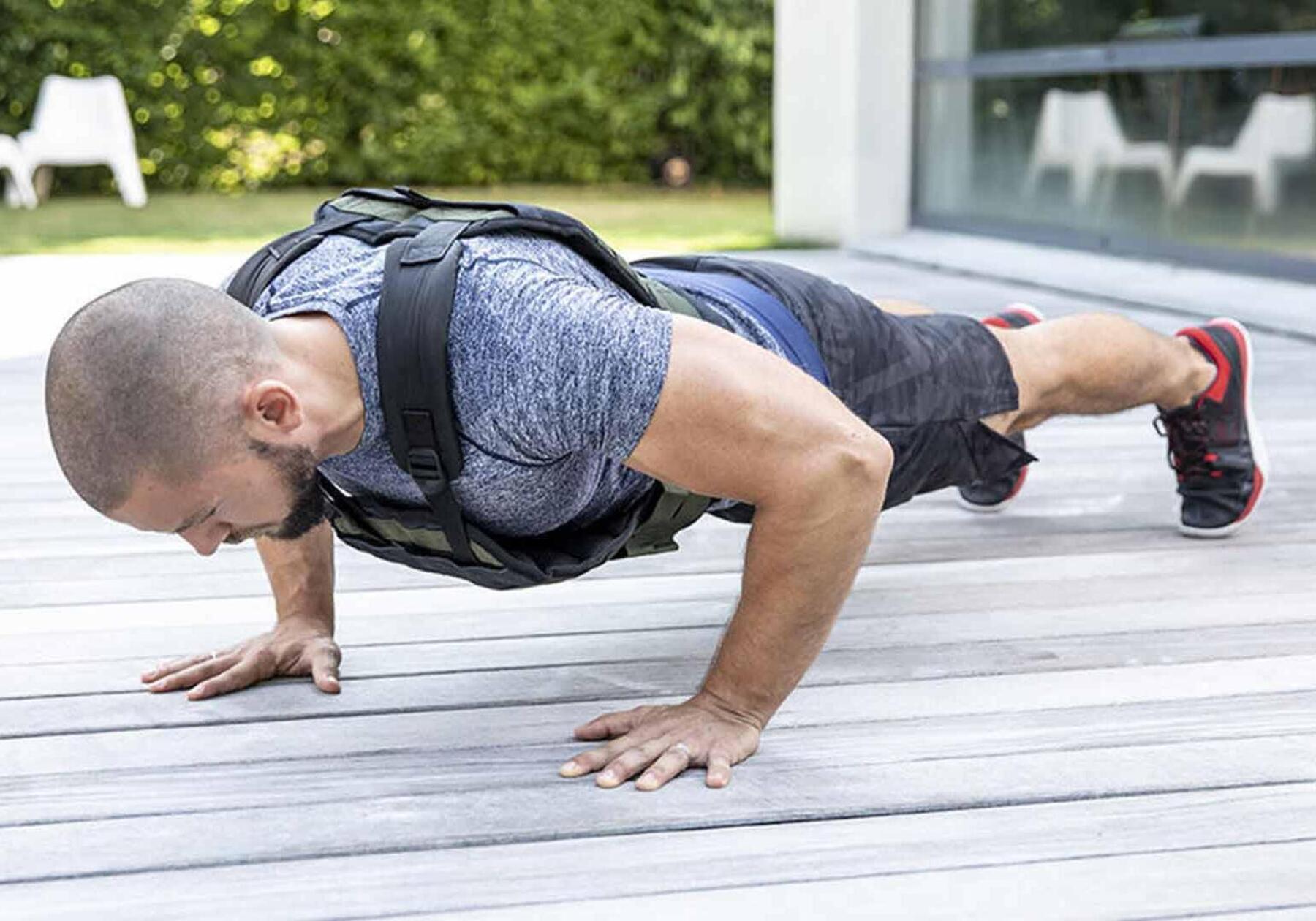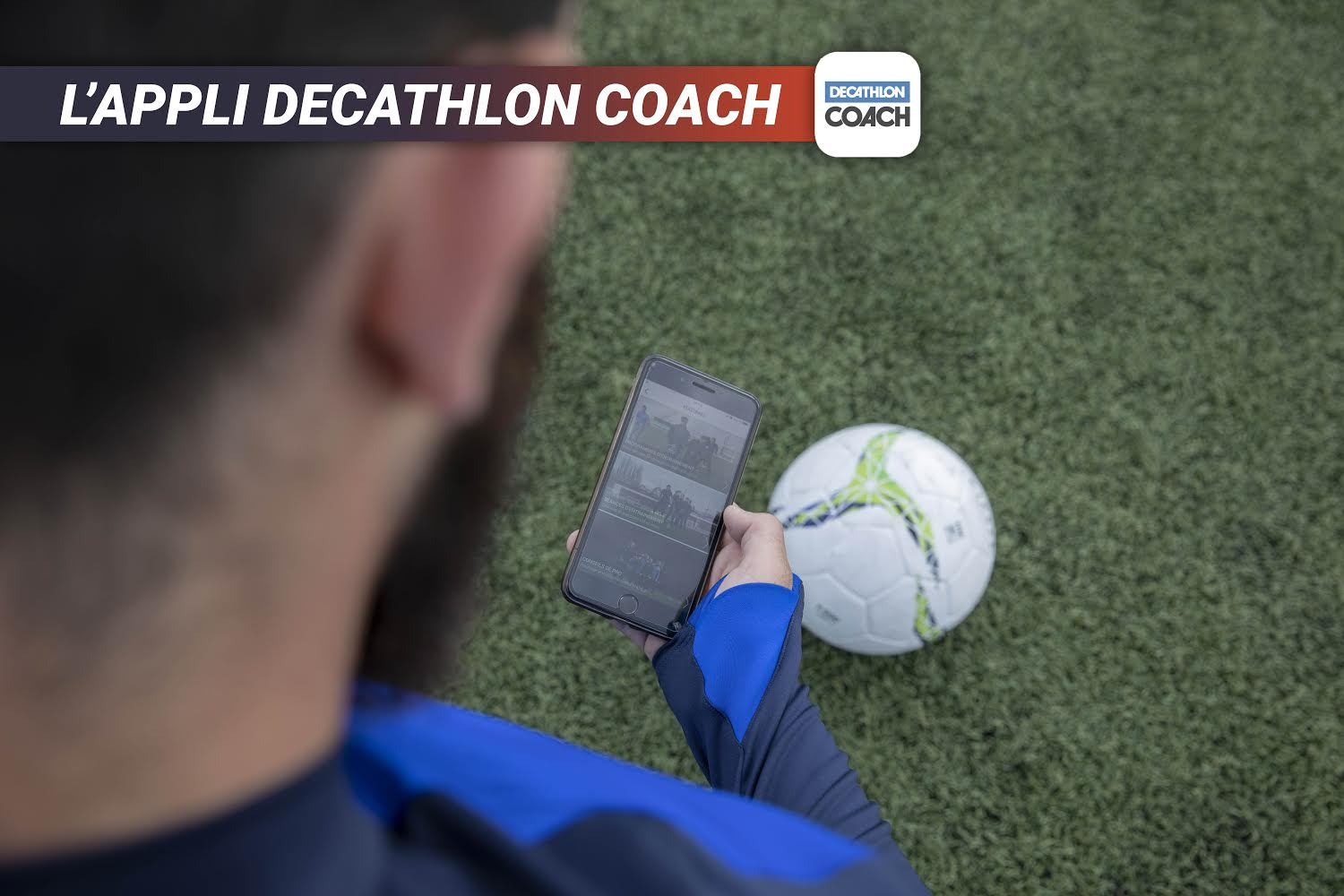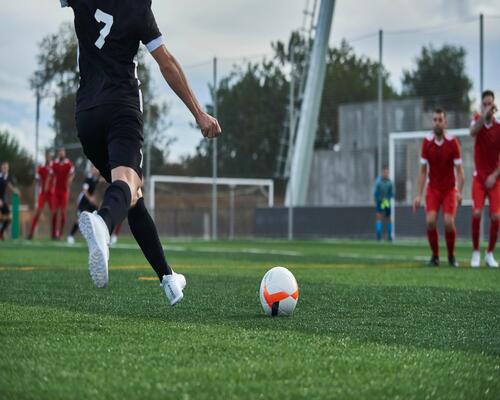Patience is the name of the game
You've maybe been using apps and social media to follow different kinds of training programmes. Now's the time to get serious and prepare for the coming season. But where to start?
You should work out on your own for the time being. If you're going to use equipment, then keep things safe by using your own. If you're using someone else's, then clean and disinfect it before you get started.
To reduce the risk of muscle and joint injuries, make sure you work your way back in gradually, especially if you've not been exercising much. PATIENCE is the watchword here.





